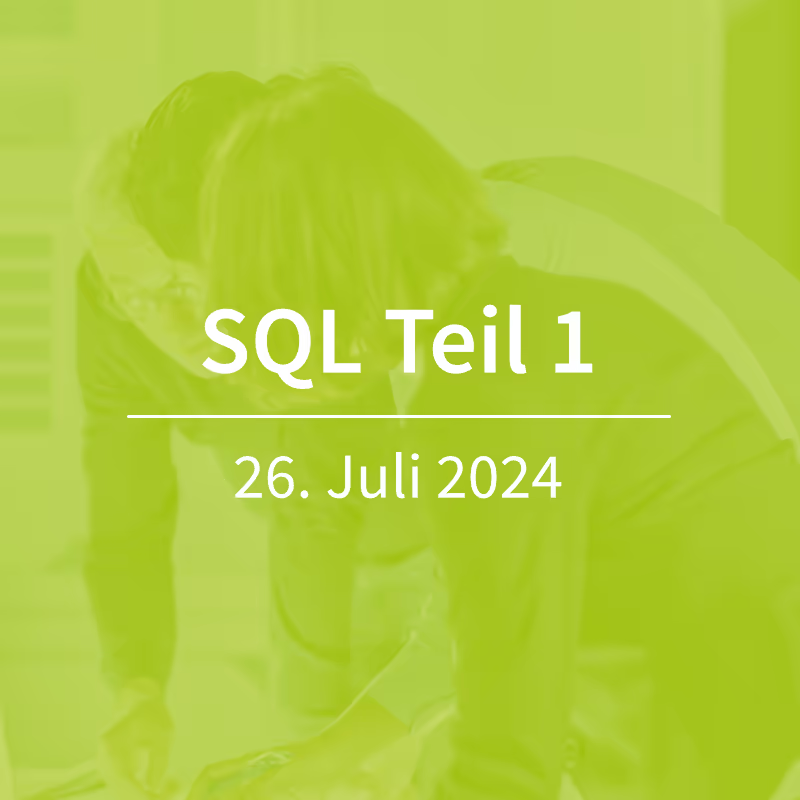Salesforce Marketing Cloud Deployments with Package Manager and Deployment Manager
If you want to transfer processes set up in Salesforce Marketing Cloud from one business unit to another, you can't do this with 'shared folders alone, 'but need a tool that can transfer individual elements as well as entire automations or journeys. There are many use cases for this: from the efficient set-up and operation of a test business unit to the serial rollout of standard processes and assets into any number of business units. As soon as one or more processes from one business unit have to be replicated in another, this means a lot of repetitive manual work. Salesforce also recognized this and provided Package Manager for all accounts in April 2021.

Package Manager should offer the option of combining elements — entire attribute groups including all linked data extensions, journeys and the activities, automations, assets, content blocks such as layouts, code snippets and templates built into a package and deploying them from one business unit to another. The idea is not new, as Salesforce had already published a similar app on the AppExchange in 2019, namely Deployment Manager. However, Deployment Manager — a development by Salesforce Labs — is a rudimentary tool compared to today's Package Manager that requires a lot of manual rework. Deployment Manager, for example, only deploys unconfigured journeys and automations that need to be reworked manually, while Package Manager can package fully configured journeys and automations, including their content. Read Read more about the differences between Deployment and Package Manager.
Nevertheless, with the development from Deployment Manager to Package Manager, Salesforce is taking a clear step towards automating the deployment process.
With the June 2021 release, Salesforce has enriched Package Manager with additional supported objects. This includes the option to deploy API events as well as many automation activities such as file transfer, file import and data extract activities. (More information: Package Manager Enhancement in June 2021)
The complete list of supported objects can be found over here
The supported objects are listed in five different categories and can be freely clicked together either by browsing the categories or by searching for name content. Package Manager also provides an item summary, including dependency analysis and status messages (whether packaging was successful or not). Individual elements that have little or no dependencies can usually be easily packaged and unpacked in another business unit and then appear including their folder.
However, if you want to deploy complex automations or journeys, you will sooner or later encounter error messages that make using Package Manager challenging in practice. Anyone who wants to deploy a template-based email, for example, may come across the notice that there are unresolved variables, which should be standard for highly personalized emails. If Triggered Send Data Extensions are deployed, it must be ensured that the Data Extension Template is enabled for Triggered Sends Data Extensions. In addition, Classic Content emails and certain journey activities, for example, are not supported by Package Manager.
The errors reported by Package Manager must be fixed first before you can package the desired elements. Although useful, it is quite time-consuming if, for example, emails contain dynamic content blocks that are highly personalized to tens of target groups using filtered data extensions. Because filtered data extensions cannot be deployed, so deploying such an email is simply not possible.
Conclusion
With Package Manager, Salesforce is taking the next logical step in developing deployment options in Marketing Cloud. This opens up new ways for technical users to optimize and efficiently roll out standardized processes. However, our practical tests have shown that Package Manager does not yet deliver what it promises in theory. This applies in particular to packaging and deploying complex processes.
What conclusions did we draw from this?
In order to be able to carry out deployments of complex processes in a really efficient and standardized way, we have therefore developed a tool that overcomes the limitations of Package Manager and Deployment Manager — we call it”Smart Sandbox”. With Smart Sandbox Entire processes, including all process components, can be transferred from one business unit to another with little effort. This allows any number of business units to be equipped with standard processes via a blueprint and, if desired, a sandbox can be created in which data processes can be set up, tested, optimized and then rolled out into the live environment. Similar to Package and Deployment Manager, all process components are packaged and can then be deployed in any environment. The key differences:
- All assets associated with the process are recorded. With the help of Smart Editors In contrast to Package Manager, the code can be edited and validated; errors are highlighted in the code so that they can be quickly found and corrected.
- In addition, provides Smart Sandbox A gap analysis that quickly and easily identifies differences in assets between business units and ensures that business units are on the same page after a migration, for example.
















